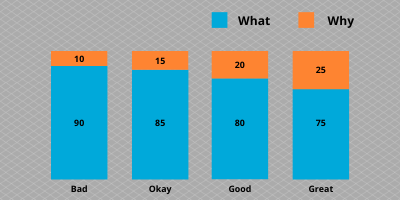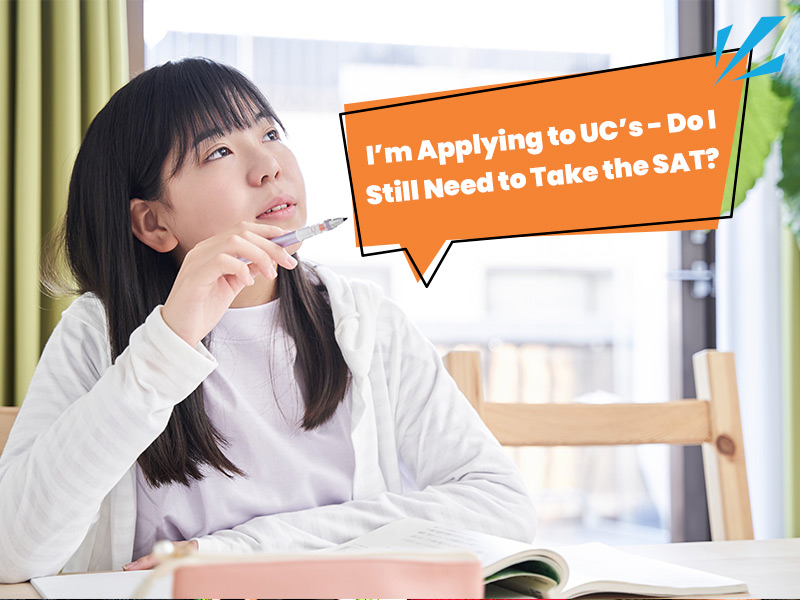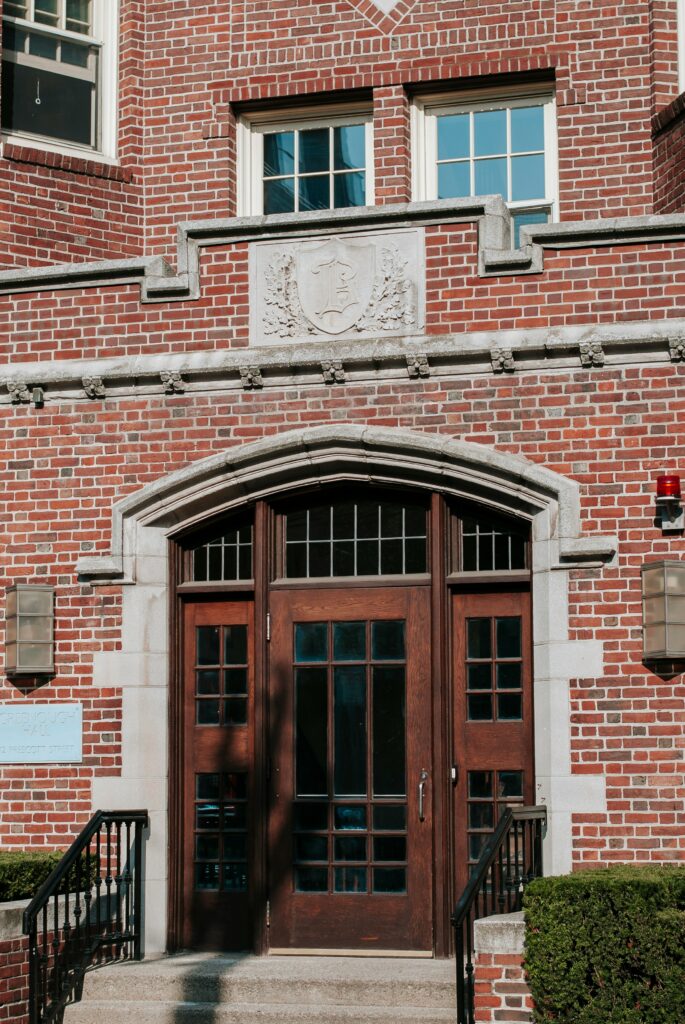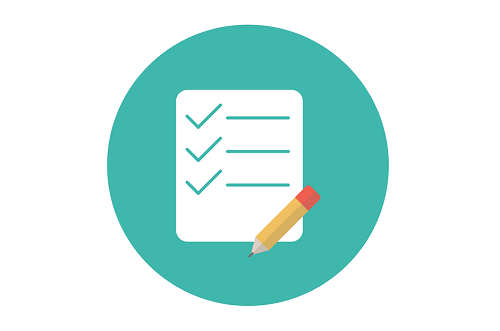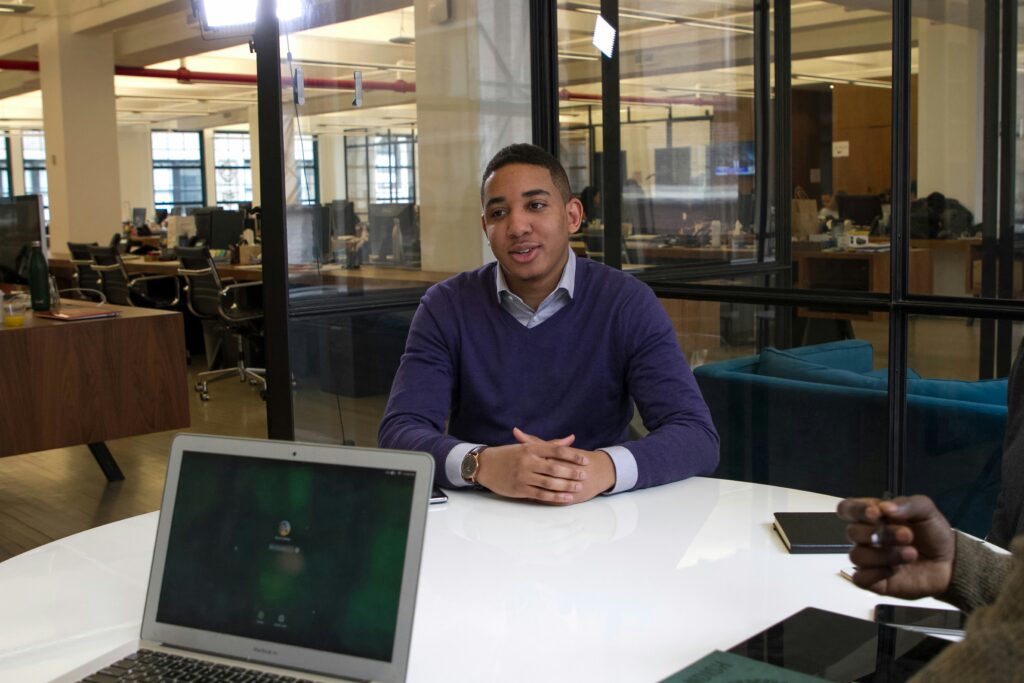It’s summer: time to invest in university prep! When students and parents think of learning over the summer, reading for college is often at the bottom of their list of educational activities to pursue. Instead, students gravitate to what their friends all do: summer programs, community college coursework, and test prep “boot camps.”
Yet reading, as overlooked as it tends to be, is singularly one of the most important activities a student can do—and it is one of the best extracurricular activities for Ivy League admissions, even if it isn’t an official club or organization. Let’s understand why.

Colleges Ask for It
From USC in Los Angeles to Columbia University in New York City, many top colleges ask on college applications about what you’ve read lately. If all you can discuss is required readings like To Kill a Mockingbird or Lord of the Flies, you’re clearly not a good fit for the nation’s top colleges, which all require their students to read dense material and demonstrate ongoing curiosity.
This makes reading a great way to stand out for college applications. In a world of Instagram, Snapchat, Tiktoks, and YouTube, very few students actually read for fun anymore. So just by reading, you’re already in the minority, a pretty slim one at that.
The Missing Link to Test Prep: Reading for College
For years, members of our team trained students on the SAT — after they had taken boot camps at Elite and Excel. The common missing link in all of the students we saw significantly struggling to improve their score, despite going through multiple test prep programs? Reading. Many students, especially those here in the Silicon Valley, have spent years emphasizing math, engineering, STEM – at the expense of gaining critical reading and writing skills. As a result, we’ve found that students who don’t read plateau at a lower score than they should, either at 1350 or 1450. Sound familiar?
If so, start reading anything you find interesting. Don’t just think books, either; consider magazines, articles, and news. Explore your natural interests, both academic and non-academic.
Reading as Inspiration for Learning
Let’s face it. High school is not inspiring. In its current format, high school is really the last place to expect students to be inspired to learn.
This is where reading comes in. By choosing the authors you read, you’re effectively choosing your teachers. And those teachers aren’t limited to six subjects, like history or English. In fact, they’re not even limited by present day time. You can find inspiration in more obscure subjects not available in high school, from sociology to political science and biopsychology. Reading from people of diverse eras and generations will also help you develop a more nuanced perspective from which you can understand your own culture.
So what do you say? Maybe it’s time to hit up the library and spend 20 minutes browsing the shelves for an unexpected find. You might be surprised: two or three books in, reading could very well transform from a strategic move as you prep for your application to a passion you can take with you anywhere.
And to me, that sounds like a happy ending.

Looking for more personalized help and tips than your high school counselor can provide? Schedule a free initial consultation to get to know our team. Find out how we can help you achieve your educational goals today!
Podcast: Play in new window | Download


